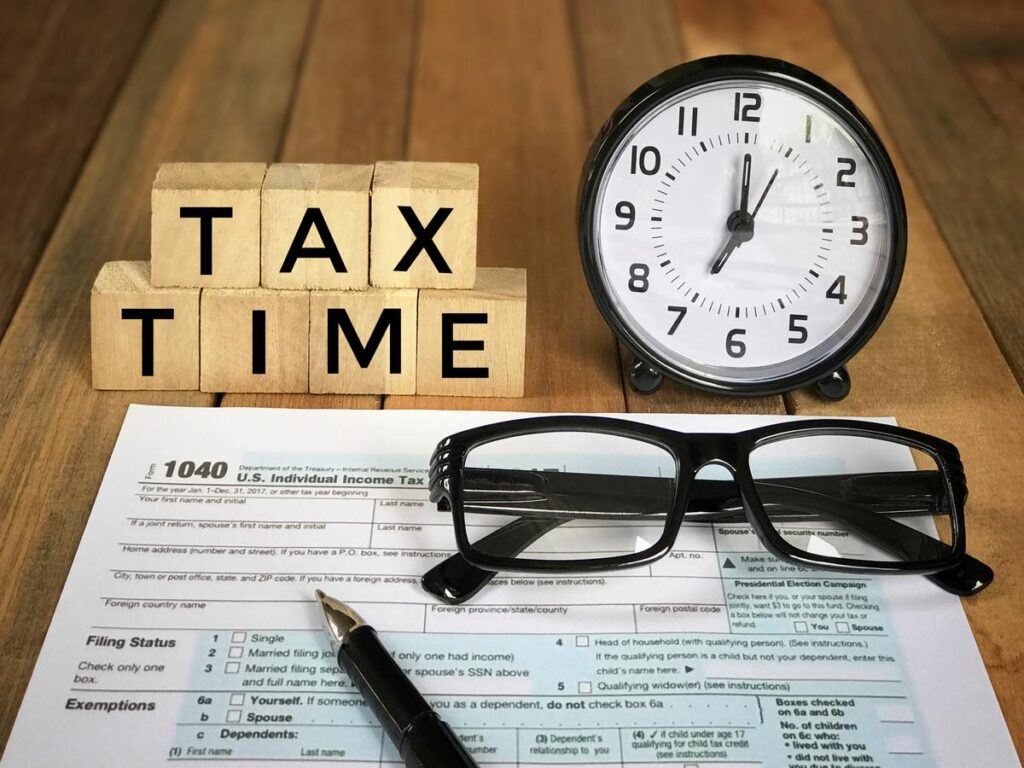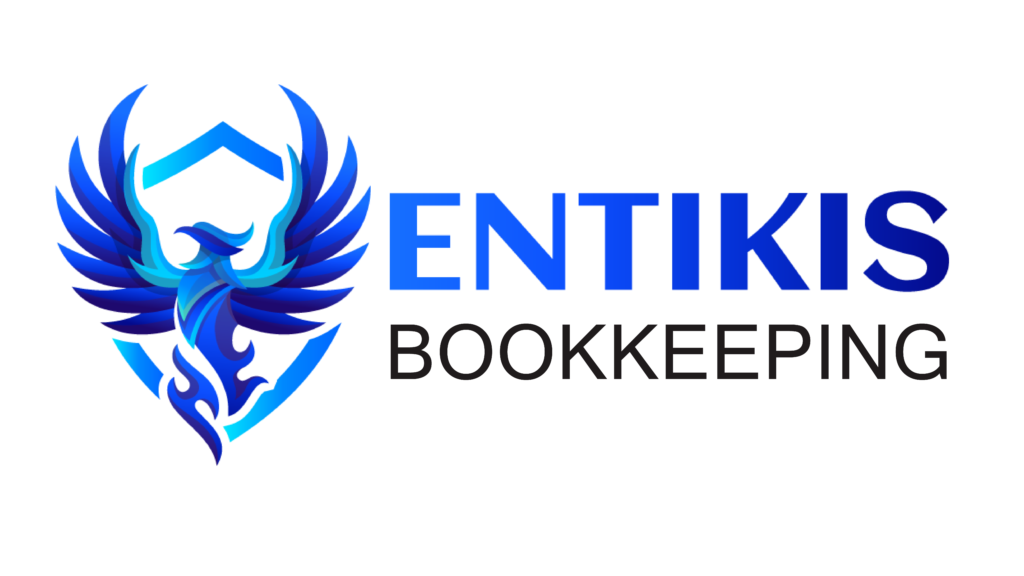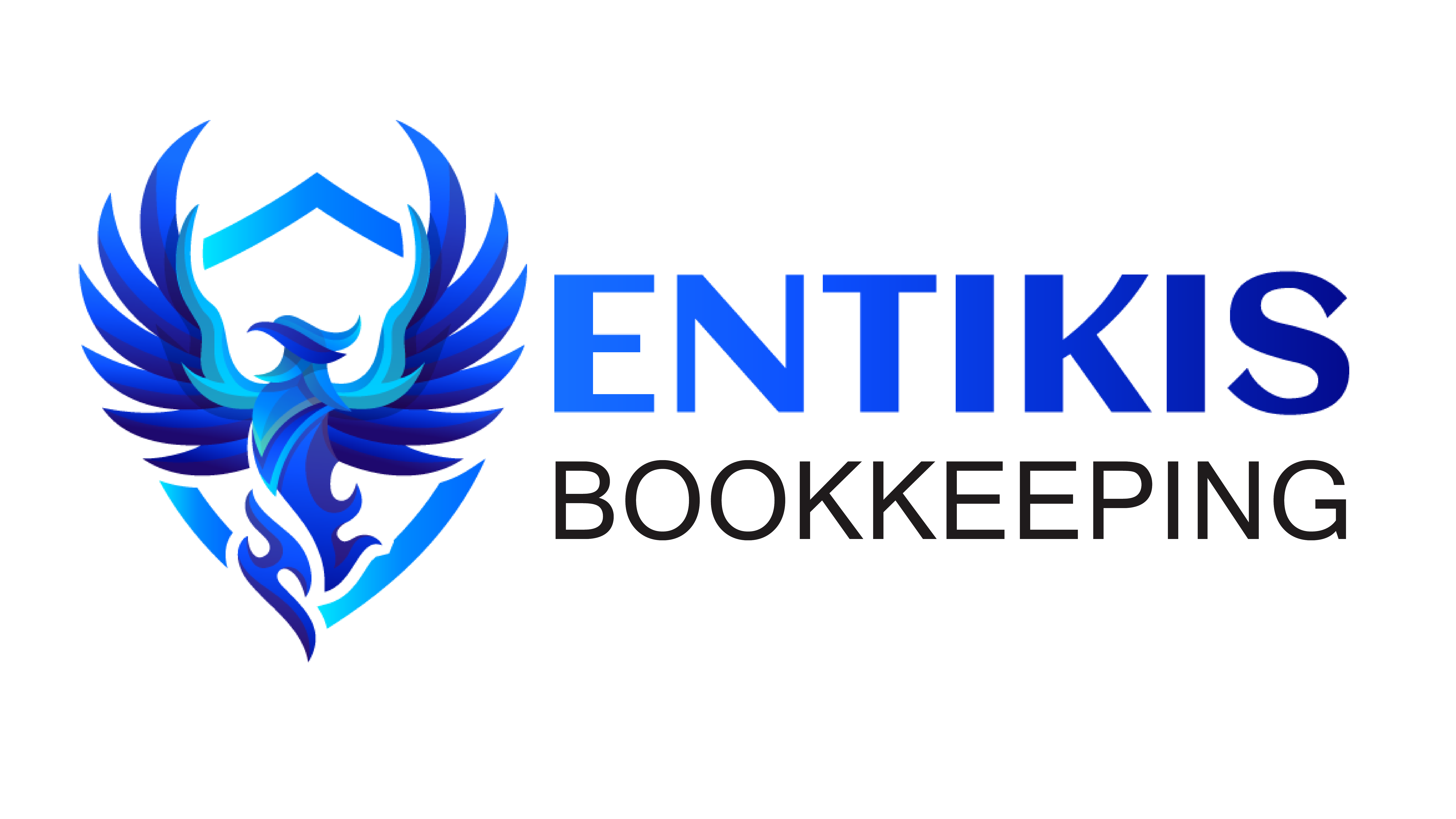
Making Small Business Tax Extensions Easy To Understand in Fort Worth, Texas
Tax season can be a stressful time for small business owners in Fort Worth, Texas. Amidst the hustle and bustle of running a business, navigating complex tax regulations and deadlines can seem daunting. However, understanding tax extensions and how they work can alleviate some of this stress and provide businesses with the extra time they need to file their tax returns accurately. Here’s a comprehensive guide to making small business tax extensions easy to understand in Fort Worth, Texas.
What is a Tax Extension?
A tax extension, also known as a filing extension, grants small business owners additional time to file their tax returns beyond the original due date. In Fort Worth, Texas, the regular due date for small business tax returns is typically April 15th for sole proprietors (using Schedule C) and March 15th for partnerships (using Form 1065) and S corporations (using Form 1120S). However, with a tax extension, businesses can extend their filing deadline for up to six months, providing much-needed breathing room to gather necessary documentation and ensure accurate reporting.
How to File a Tax Extension
Filing a tax extension in Fort Worth, Texas, is a relatively straightforward process. Small business owners can request an extension by filing the appropriate form with the Internal Revenue Service (IRS). For most businesses, this involves submitting Form 7004, Application for Automatic Extension of Time to File Certain Business Income Tax, Information, and Other Returns. Partnerships, S corporations, and certain trusts use Form 7004 to request an extension, while sole proprietors typically file Form 4868. It’s essential to submit the extension request by the original due date of the tax return to avoid penalties for late filing.
Benefits of a Tax Extension
There are several benefits to filing a tax extension for small businesses in Fort Worth, Texas. First and foremost, it provides additional time to gather financial information, review records, and ensure accuracy before filing the tax return. This can help minimize errors and reduce the likelihood of audits or penalties for inaccurate reporting. Additionally, a tax extension can alleviate stress and allow business owners to focus on day-to-day operations without the added pressure of looming tax deadlines. Moreover, if the business owes taxes, filing an extension gives owners extra time to estimate and budget for their tax liabilities, potentially avoiding cash flow issues or financial strain.
Navigating tax extensions for small businesses in Fort Worth, Texas, doesn’t have to be complicated. By understanding the process, filing requirements, and benefits of extensions, business owners can take control of their tax obligations and manage their finances more effectively. With the right knowledge and preparation, tax extensions can provide businesses with the flexibility and peace of mind they need to thrive in the dynamic business environment of Fort Worth, Texas.
The tax season (Tax Extensions) can prove to be a tumultuous period for small business owners, occasionally necessitating extra time to ensure all financial matters are meticulously handled. This is where the small business tax extension becomes a valuable resource.
Now, let’s delve into the intricacies of acquiring a small business tax extension, offering you comprehensive insights and peace of mind.
Step 1: Evaluate Your Necessity (Tax Extensions)
There are various common reasons for seeking extensions, including:
The need for additional time to assemble essential documents.
Significant life events affecting your financial situation.
Changes in your business circumstances.
Step 2: Submit IRS Form 7004
IRS Form 7004 serves as the tool that grants an extension to your filing deadline. If you previously filed an extension in April, the tax filing deadline is extended to October 16th, 2023. Be sure to provide essential information such as:
The name of your business.
Your tax identification number.
Your business address.
Step 3: Fulfill Estimated Tax Obligations
It’s crucial to remember that requesting an extension does not equate to postponing tax payments. To avoid incurring interest and penalties, it is imperative to accurately estimate your tax liability. The following are the necessary forms for adjusting your withholding or estimated taxes:
Form W-4.
Form 1040-ES.
Estimated tax payments should be made according to the following schedule:
January 1 to March 31 – Payment due by April 15.
April 1 to May 31 – Payment due by June 15.
June 1 to August 31 – Payment due by September 15.
September 1 to December 31 – Payment due by January 15 of the following year.
For further information on avoiding estimated tax penalties, refer to the IRS website.
Step 4: Prepare and Submit Your Tax Return
Exercise utmost diligence at this stage. An error in estimating your tax liability on Form 7004 can result in underpayment of taxes, potentially leading to penalties and interest charges due to non-compliance with the original deadline.
Step 5: Stay Informed
Tax regulations are susceptible to change, emphasizing the need to stay informed. Seek advice from a tax professional or rely on trustworthy resources to stay updated on any amendments that may affect your business.
Tax season can be a stressful time for small business owners in Fort Worth, Texas. Amidst the hustle and bustle of running a business, navigating complex tax regulations and deadlines can seem daunting. However, understanding tax extensions and how they work can alleviate some of this stress and provide businesses with the extra time they need to file their tax returns accurately. Here’s a comprehensive guide to making small business tax extensions easy to understand in Fort Worth, Texas.
What is a Tax Extension?
A tax extension, also known as a filing extension, grants small business owners additional time to file their tax returns beyond the original due date. In Fort Worth, Texas, the regular due date for small business tax returns is typically April 15th for sole proprietors (using Schedule C) and March 15th for partnerships (using Form 1065) and S corporations (using Form 1120S). However, with a tax extension, businesses can extend their filing deadline for up to six months, providing much-needed breathing room to gather necessary documentation and ensure accurate reporting.
How to File a Tax Extension
Filing a tax extension in Fort Worth, Texas, is a relatively straightforward process. Small business owners can request an extension by filing the appropriate form with the Internal Revenue Service (IRS). For most businesses, this involves submitting Form 7004, Application for Automatic Extension of Time to File Certain Business Income Tax, Information, and Other Returns. Partnerships, S corporations, and certain trusts use Form 7004 to request an extension, while sole proprietors typically file Form 4868. It’s essential to submit the extension request by the original due date of the tax return to avoid penalties for late filing.
Benefits of a Tax Extension
There are several benefits to filing a tax extension for small businesses in Fort Worth, Texas. First and foremost, it provides additional time to gather financial information, review records, and ensure accuracy before filing the tax return. This can help minimize errors and reduce the likelihood of audits or penalties for inaccurate reporting. Additionally, a tax extension can alleviate stress and allow business owners to focus on day-to-day operations without the added pressure of looming tax deadlines. Moreover, if the business owes taxes, filing an extension gives owners extra time to estimate and budget for their tax liabilities, potentially avoiding cash flow issues or financial strain.
Navigating tax extensions for small businesses in Fort Worth, Texas, doesn’t have to be complicated. By understanding the process, filing requirements, and benefits of extensions, business owners can take control of their tax obligations and manage their finances more effectively. With the right knowledge and preparation, tax extensions can provide businesses with the flexibility and peace of mind they need to thrive in the dynamic business environment of Fort Worth, Texas.
If you are looking for professional bookkeeping services, please contact us at admin@entikis.com and 817-415-1715 to learn more about how Entikis Bookkeeping can support your journey to success! Located at 640 Taylor St Suite , Fort Worth, TX, United States, Texas. We offer professional bookkeeping services for businesses in the Burleson, Fort Worth and the Surrounding Tarrant County Metroplex.



